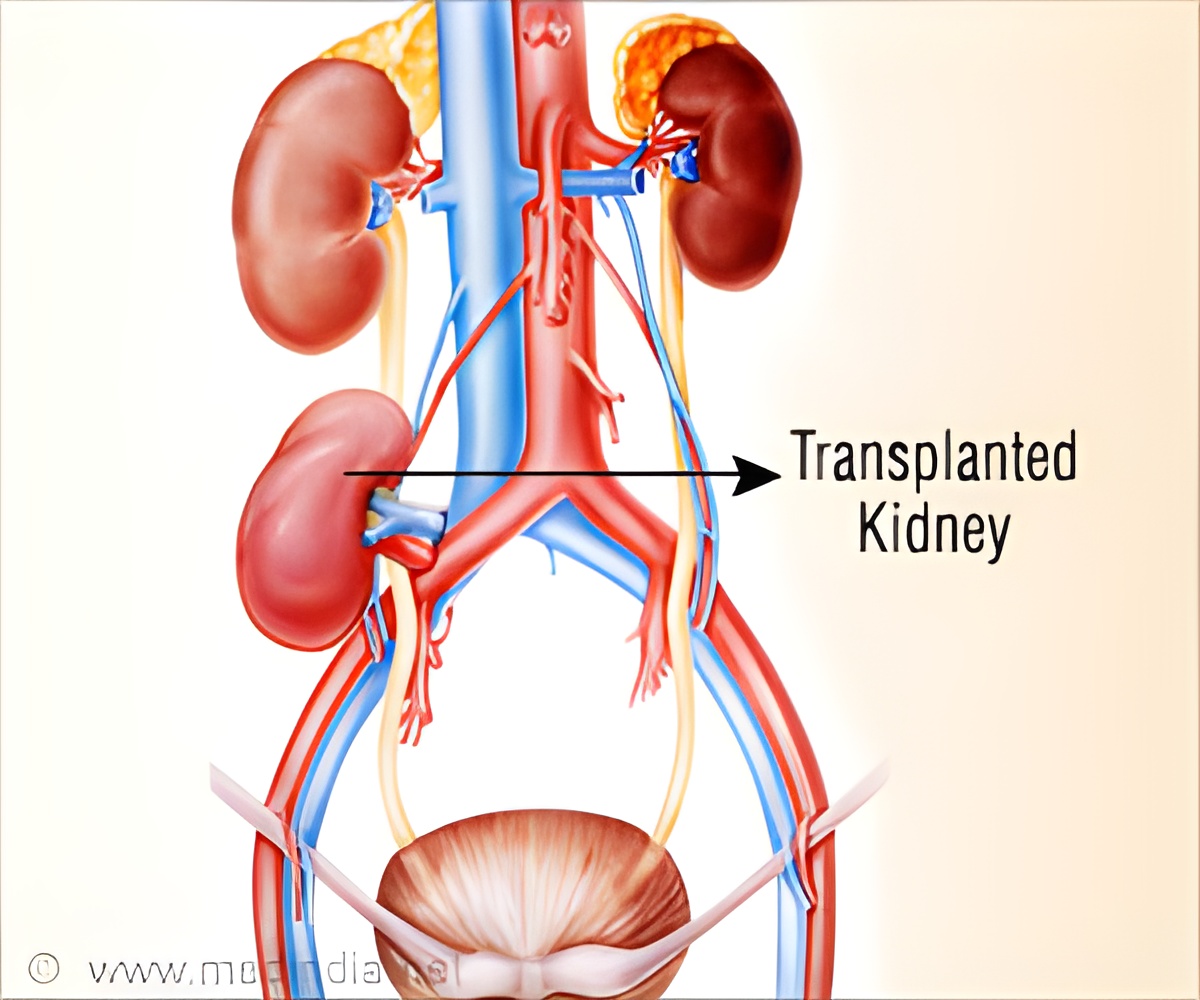Pregnancy outcomes appear to be similar for women who undergo kidney transplants as children or adults, reports a new study.

The study results show that live births resulted from 76 percent of pregnancies in child-tx mothers and 77 percent of pregnancies in adult-tx mothers. The incidence of premature babies, that is, less than 37 weeks gestation was 45 percent in child-tx mothers and 53 percent in adult-tx mothers.
The study included all women with a functioning kidney transplant included in the Australia and New Zealand dialysis and transplant registry and had at least one pregnancy reported between 1963 and 2012.
Authors identified a total of 101 pregnancies in 66 child-tx mothers and 626 pregnancies in 401 adult-tx mothers. At the time of pregnancy, the child-tx mothers were an average age of 25 and had a functioning transplant for 10 years, while adult-tx mothers were an average age of 31 with a functioning transplant for six years.
Preterm babies born to both sets of mothers were small for gestational age, 22 percent for child-tx mothers and 10 percent for adult-tx mothers. 57 percent term babies born to child-tx and 38 percent born to adult-tx mothers were frequently small for gestational age, both significantly more frequently than babies born at term in the general population.
The outcomes for child-tx mothers are similar to that of adult-tx mothers. The mothers and their physicians should be comforted that early onset of kidney failure and longer period of post transplant exposure to immuno-suppression do not adversely affect their pregnancy outcomes.
Advertisement















